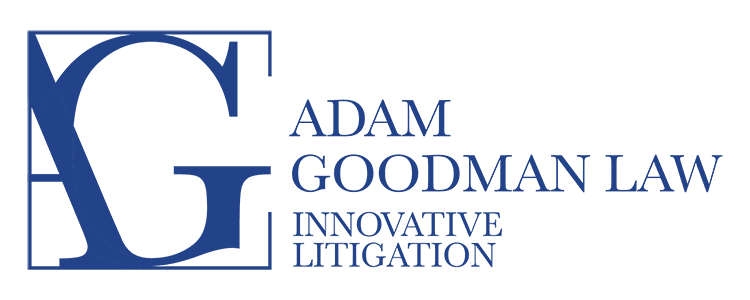This is the second of two “Back to School” blog entries. On September 7 I blogged about suspensions and expulsions in elementary and secondary school settings.
Universities and colleges across the province have internal procedures to deal with students found to have engaged in some form of misconduct. These offences are generally divided into categories: academic dishonesty (eg. plagiarism, cheating on an exam, etc.), and non-academic discipline (harrassment, vandalism, etc.). Unlike the criminal law which has standardized legislation, post-secondary institutions will have different policies and procedures to deal with such offences. These can often be found in guidebooks or on the web site of the institution (often found on the web page of the institution’s secretariat).
The penalties’ for an academic offence can be serious. Besides the possibility of a failing grade on an assignment or course a notation may be placed on the offending student’s transcript. This could affect applications to graduate or professional programs as well as future employment possibilities. Penalties’ for non-academic offences may include suspension, fines, expulsion, etc.
Often the first step for those accused of an academic offence is an informal meeting with the Dean or administrator of the student’s faculty or program. For less serious offences, or cases where there is an explanation for the concern, this meeting might end the matter. Student’s should exercise caution at this meeting. While a student may feel their best option is to fully admit their wrongdoing in the hopes that the institution will exercise leniency, an admission of guilt may harm the student’s chances of being successful at a hearing and not prevent more severe consequences.
A formal hearing before an institution’s academic/non-academic disciplinary tribunal or committee (individual faculties may also have their own committees) may commence. The procedure for this hearing will be governed by institutional regulations and should be before an impartial arbiter. At the hearing the institution will present its evidence and the student will have an opportunity to respond. In cases where the student is found to have engaged in the alleged conduct the next step will be to determine an appropriate penalty.
There may be grounds of appeal for a student unhappy with the decision through internal institutional procedures. Following all internal procedures, judicial review may be possible.
It is not uncommon to hire a lawyer for assistance with these procedures. A lawyer will be able to properly review institutional policies and procedures, discuss the evidence with the individual accused of an offence, negotiate with university/college officials, and provide representation at both informal meetings and formal hearings.


